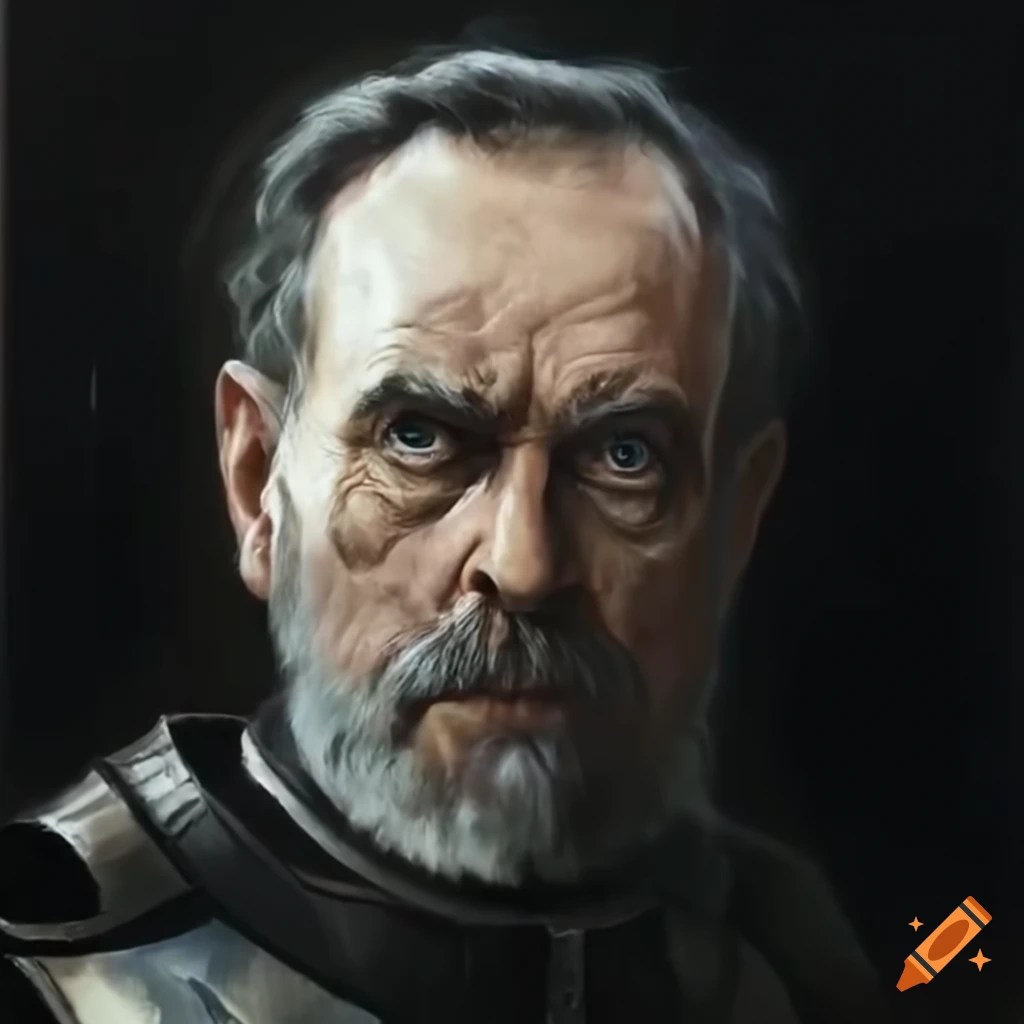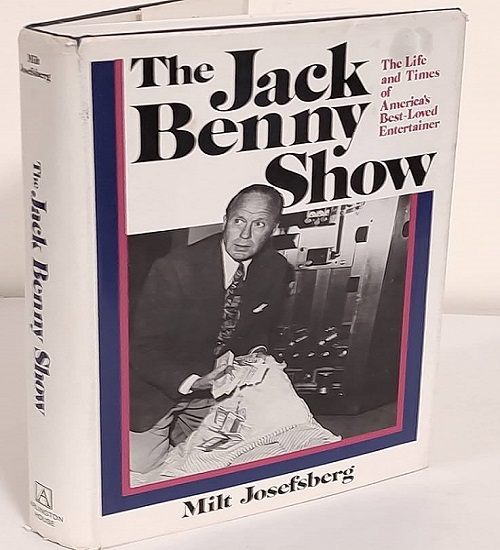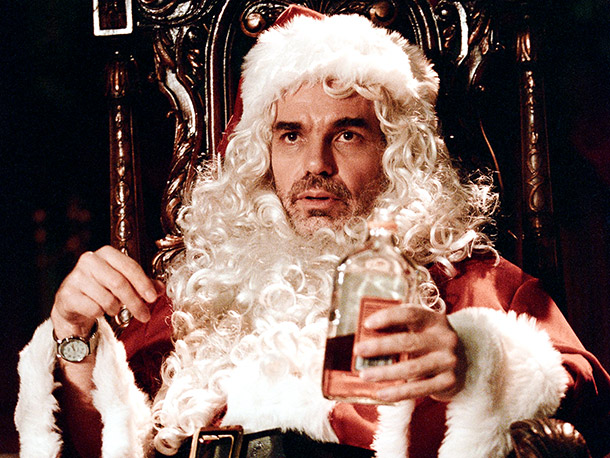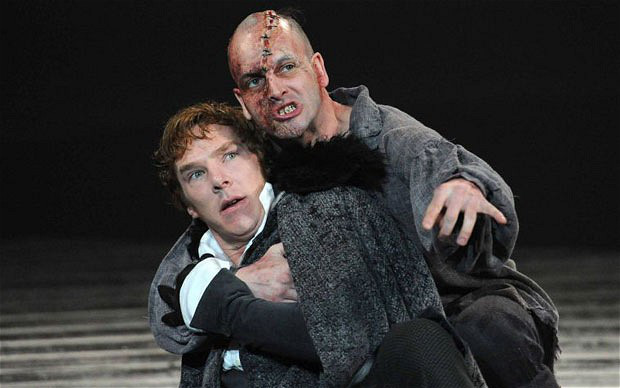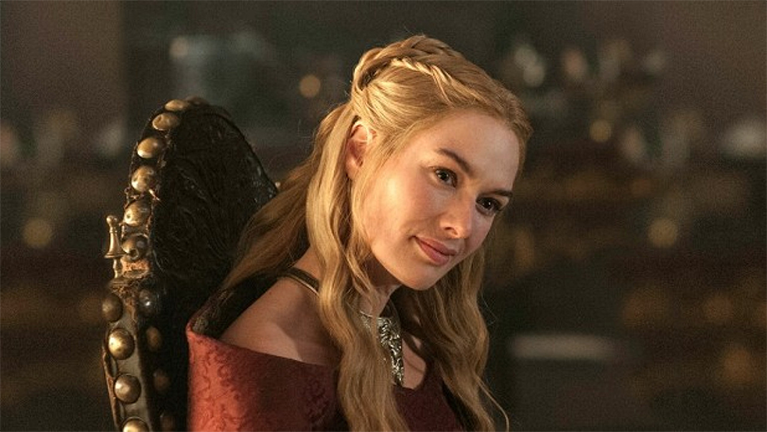Logan Roy – Power of Will
Logan Roy
Succession
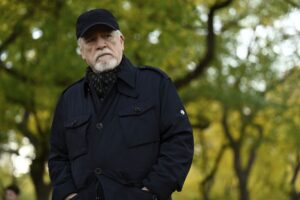

Power of Will characters believe that expanding their power base,
extending their territory, protecting and defending what is rightfully
theirs (according to them) and swiftly avenging any wrong (or perceived
wrong) is how one gets along, gets ahead, and stays ahead in the world.
Power of Will characters take what they want, fight for every inch of
turf, refuse to show any weakness and pounce decisively on the
weakness of others. They have a kill-or-be-killed framework for
everything. They believe absolutely in the Law of the Jungle.
In the series, Logan Roy is the CEO of Waystar Royco, a huge media
conglomerate, and rules it with an iron fist. Everyone looks up to him –
a born leader and always the focal point of every room he’s in. To
Logan, business is a fight, and he must annihilate his opponents. He
manipulates and bullies people and strikes deals without thinking about
morals for a second. Everything he does serves to expand his power –
it’s all about winning. “Life is not knights on horseback.” “It’s a number
on a piece of paper. It’s a fight for a knife in the mud.”
Logan only values others if they help him achieve a desired goal. This
includes his own children. Logan shows no hesitation in blackmailing his
son or using him as a scapegoat to save the company. He coerces all his
kids, Kendall, Siobhan and Roman, to compete against each other to
become the heir to his throne. Having built his empire from scratch, he
thinks being hard on them teaches the cutthroat nature of business.
But too often, Logan’s disappointment with his kids’ entitlement and
incompetence leads to him insulting and degrading them. “I love you”,
he tells them. “But you are not serious people.”
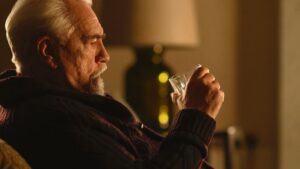

It’s a twisted father-child relationship where love doesn’t seem to have
a place. Logan looks at everything from a business/power perspective.
Feelings like love or affection are perceived as weakness. When he tries
apologizing to his kids in Season 4 after the three of them go against
him, it might come from a sincere place – but Logan’s main objective is
to get his kids on board for a business decision.
“There is nothing you could say to me now that I would ever believe”,
Shiv tells him, grappling with the fact that her father’s reputation alone
seems to have the power to bend reality. “[…] You don’t fucking know
everything! Just ‘cause you say it, doesn’t make it true. Everyone just
fucking agrees with you and believes you, so it becomes true and then
you can turn around and say like, ‘Oh, you see? See? I was right.’ But
that is not how it is. You’re a human fucking gaslight!”
After suffering a stroke in the first episode of the show, Logan
confronts his own mortality. But he doesn’t accept his increasing
vulnerability and runs the company, always focusing on the future.
“The future is real”, he tells Shiv. “But the past, well, it’s all made up.”
Throughout the show, we get hints of the past Logan doesn’t like to talk
about. We can see scars on his back from the beatings his abusive
Uncle Noah gave him, and we learn that Logan blames himself for the
death of his sister Rose who died from Polio. But Logan doesn’t talk
about any of it – because talking about it would make it real and make
him seem weak.
Similarly, Logan never apologizes or even acknowledges his abusive
behavior towards his kids and grandkids. After hitting Roman in the
face after an outburst of rage, he plays it down. “I didn’t even know you
were there”, he tells Roman. “[…] Did I even make contact? […] Because
that’s not something I do, you know.” Only – it is exactly what he does.
Logan Roy bends reality to make his narrative become the truth.
As almighty as he seems during his lifetime, Logan Roy proves to be
human in the end. He dies without a great bang or warning, mostly off-
screen on the way to seal a business deal that would hand the company
over to the tech billionaire Matsson instead of one of his own children.
And on the day of his oldest son Connor’s wedding, Logan doesn’t
attend, prioritizing business over family one last time. But even with
Logan’s death, his presence is still felt in the show’s final episodes. Like
a shadow, he haunts his children, who struggle to accept that they will
never be equal to their father. Ultimately, the business deal Logan
planned goes through, and Matsson takes over the company. Even
from the grave, Logan still wins.

